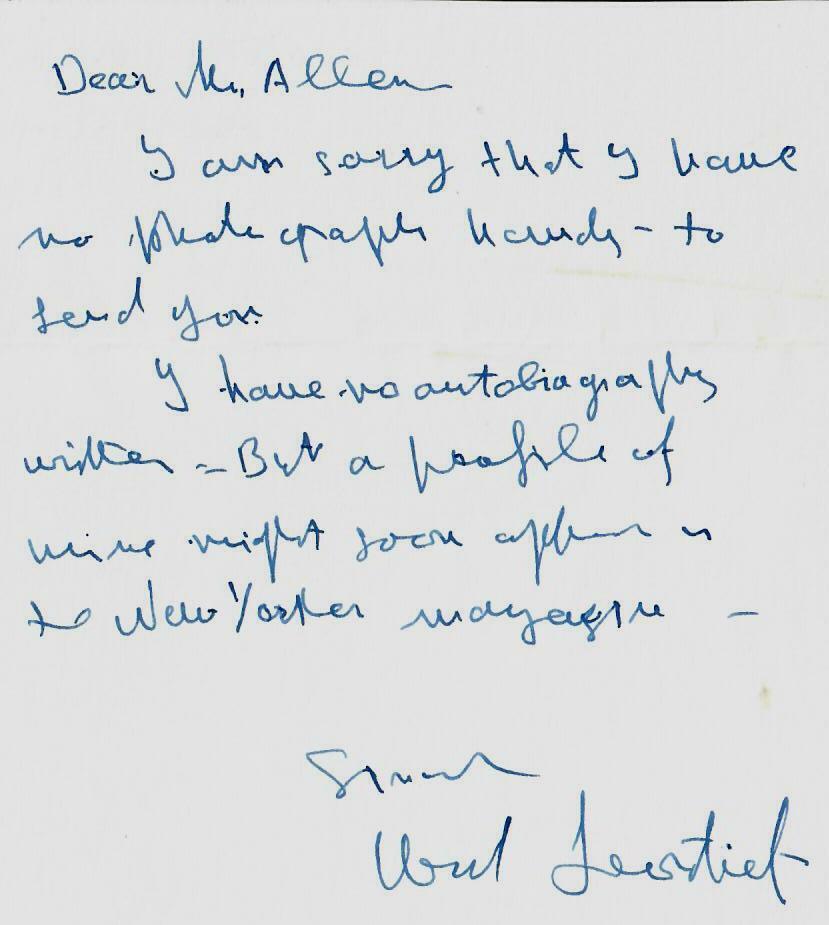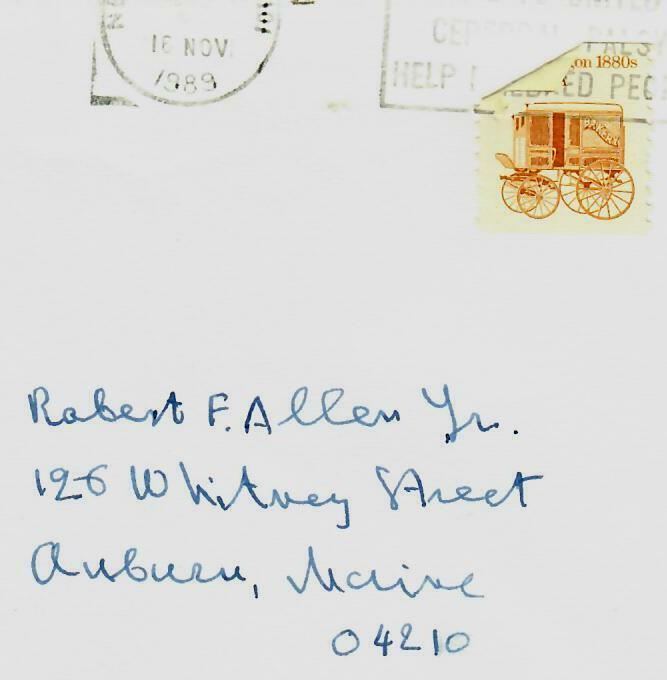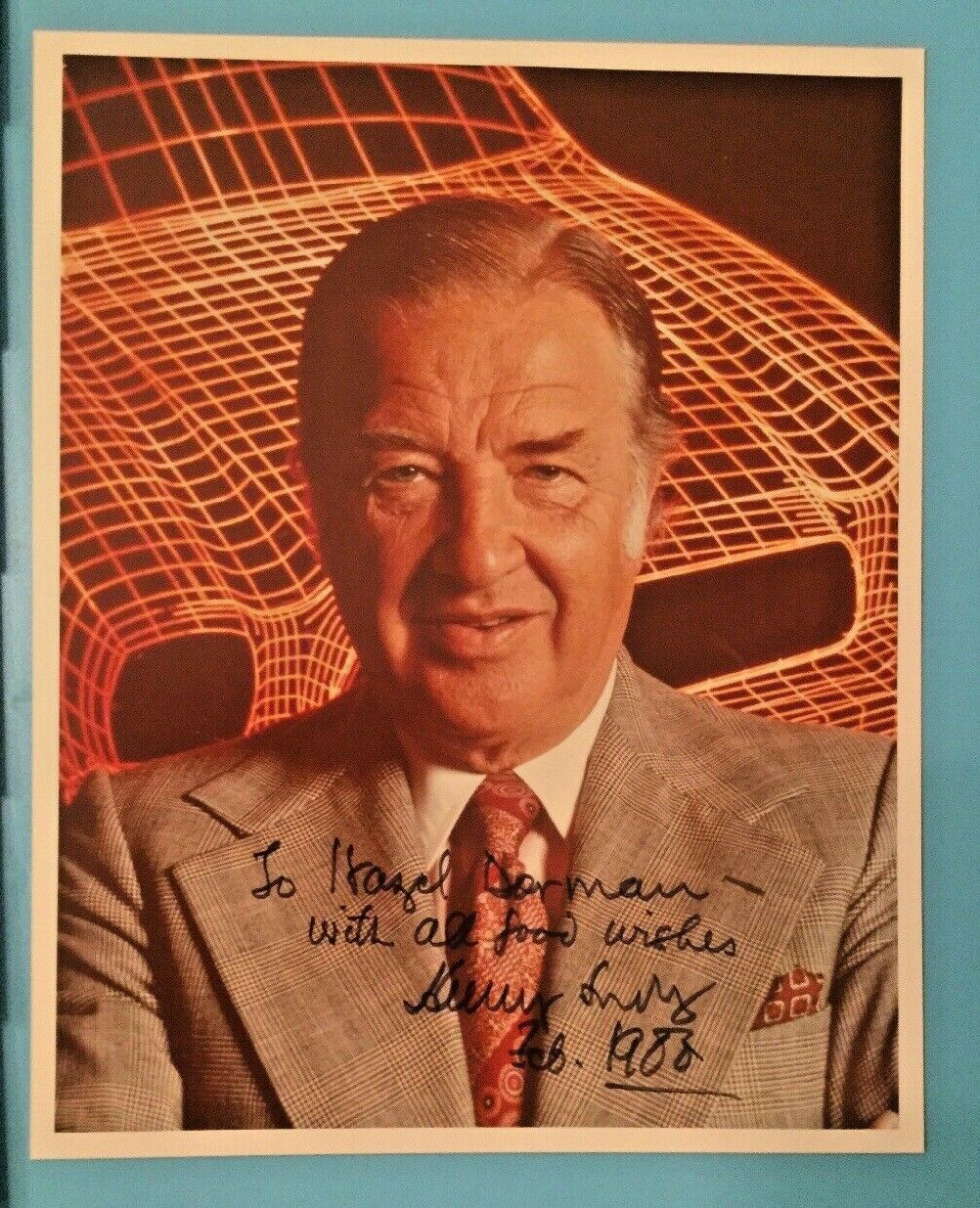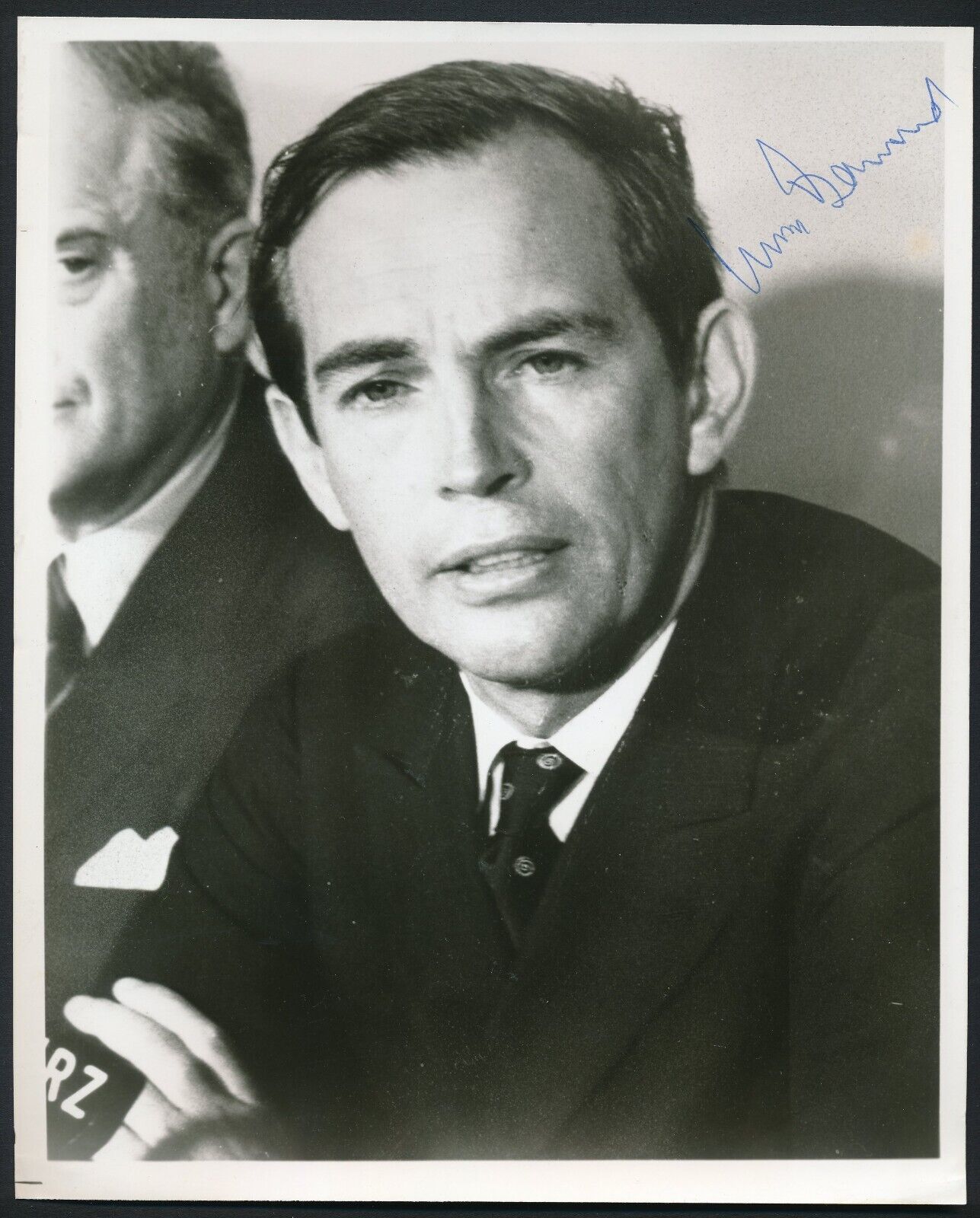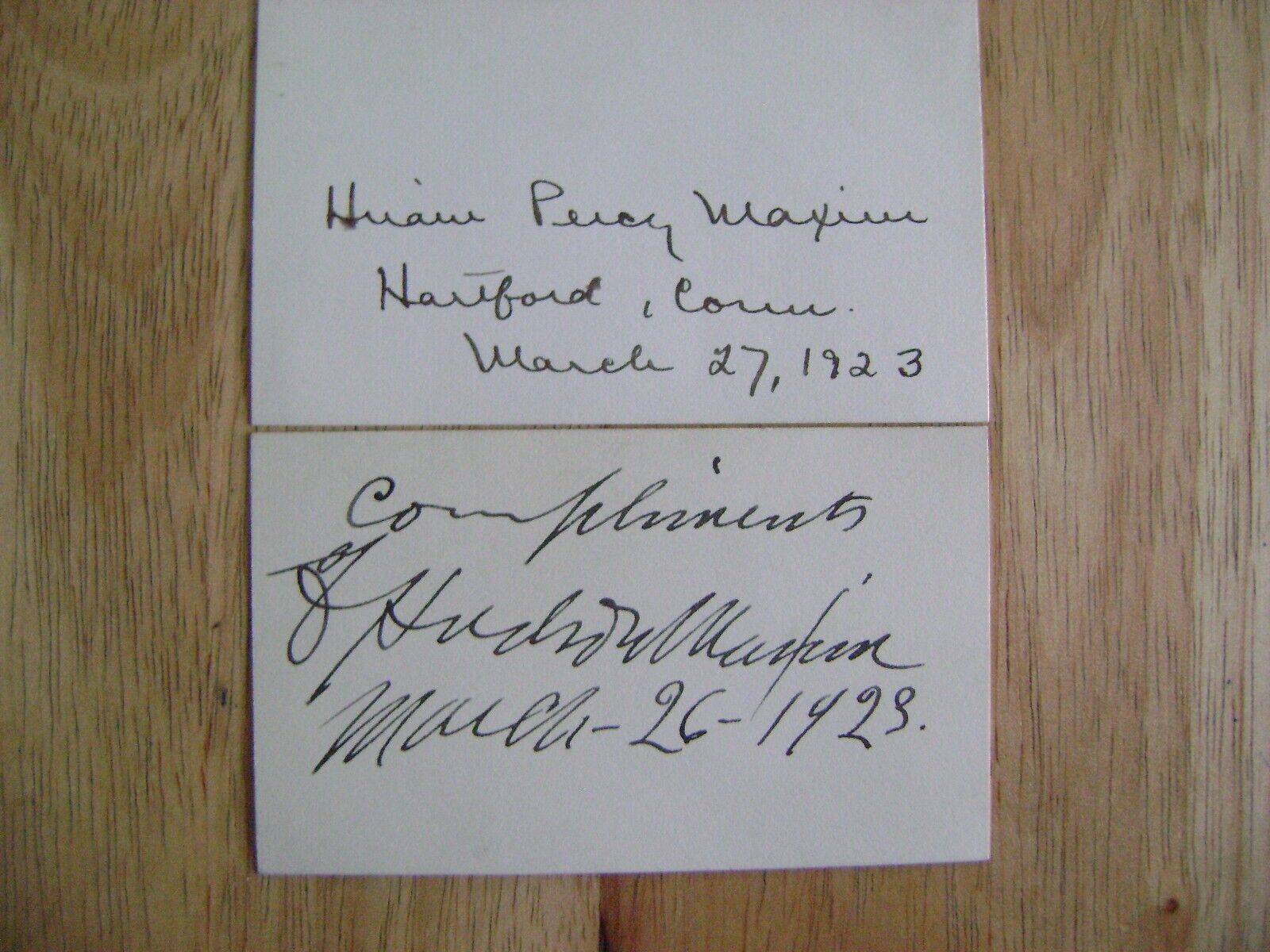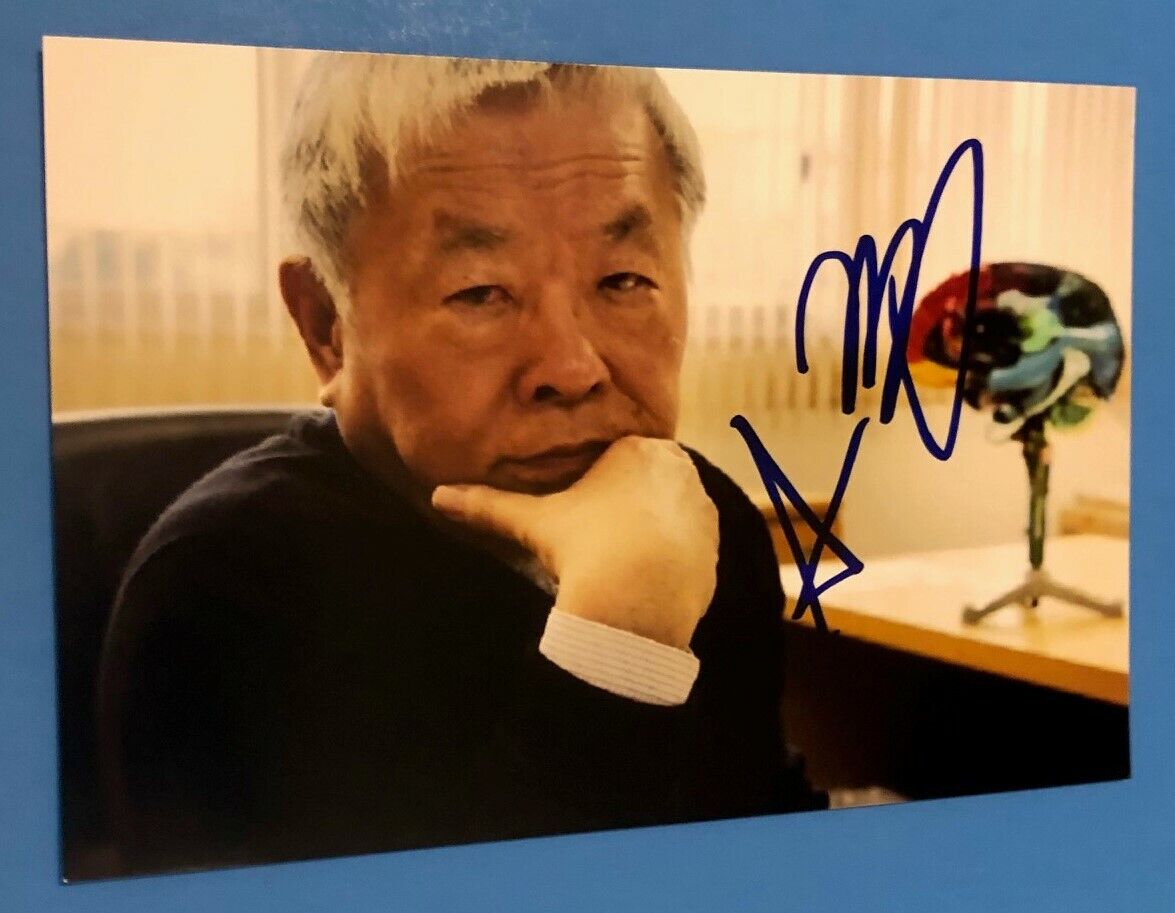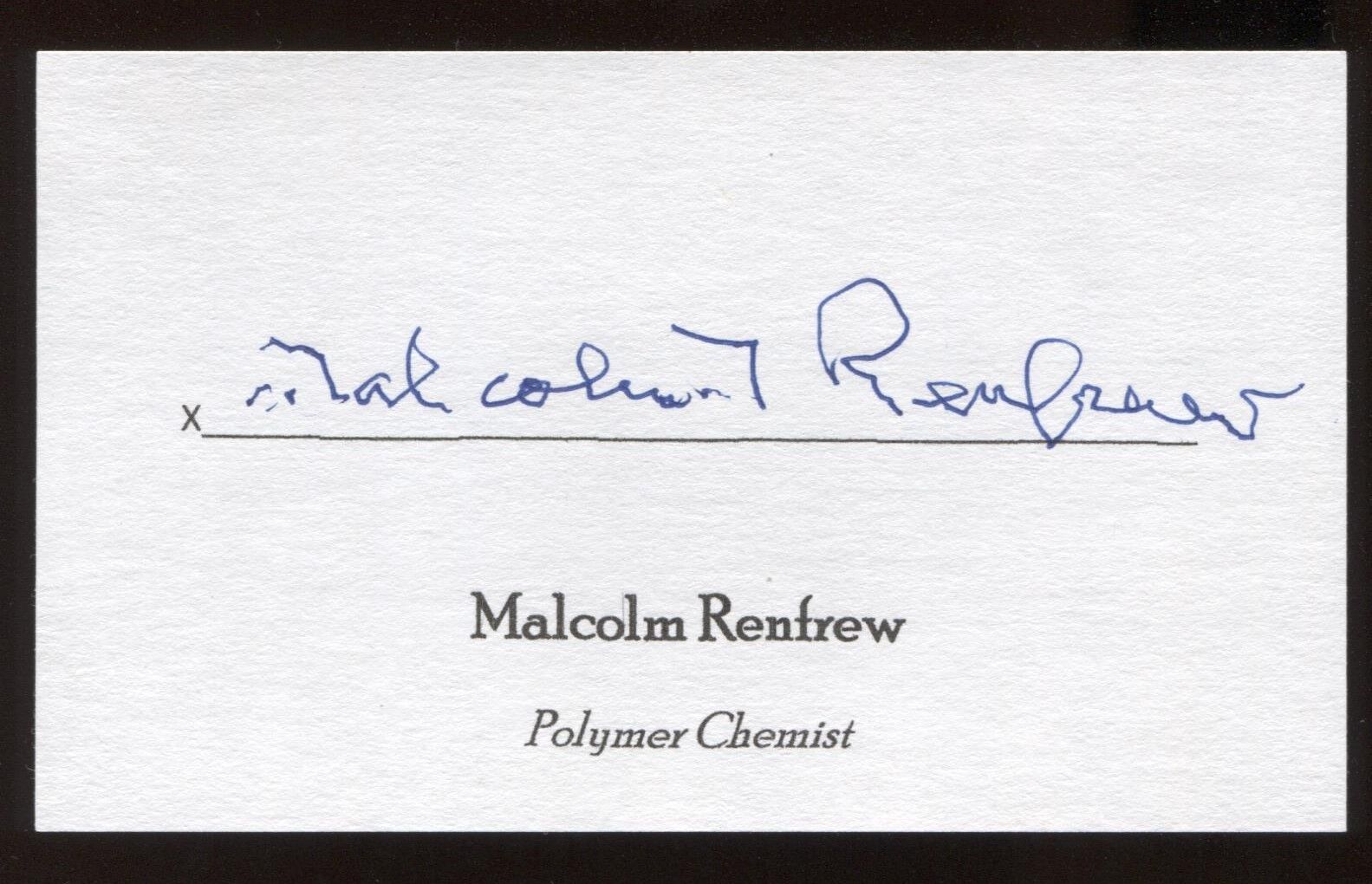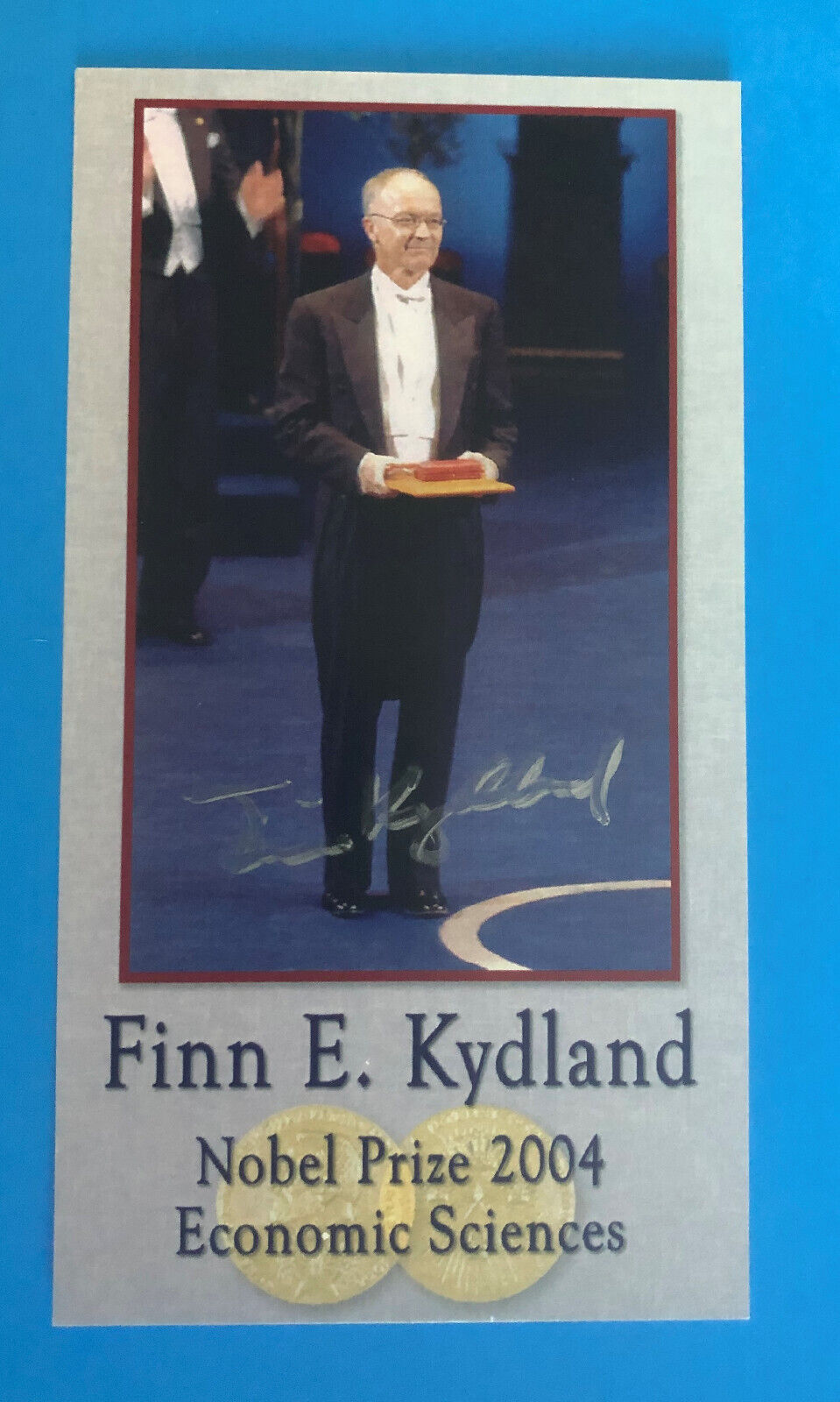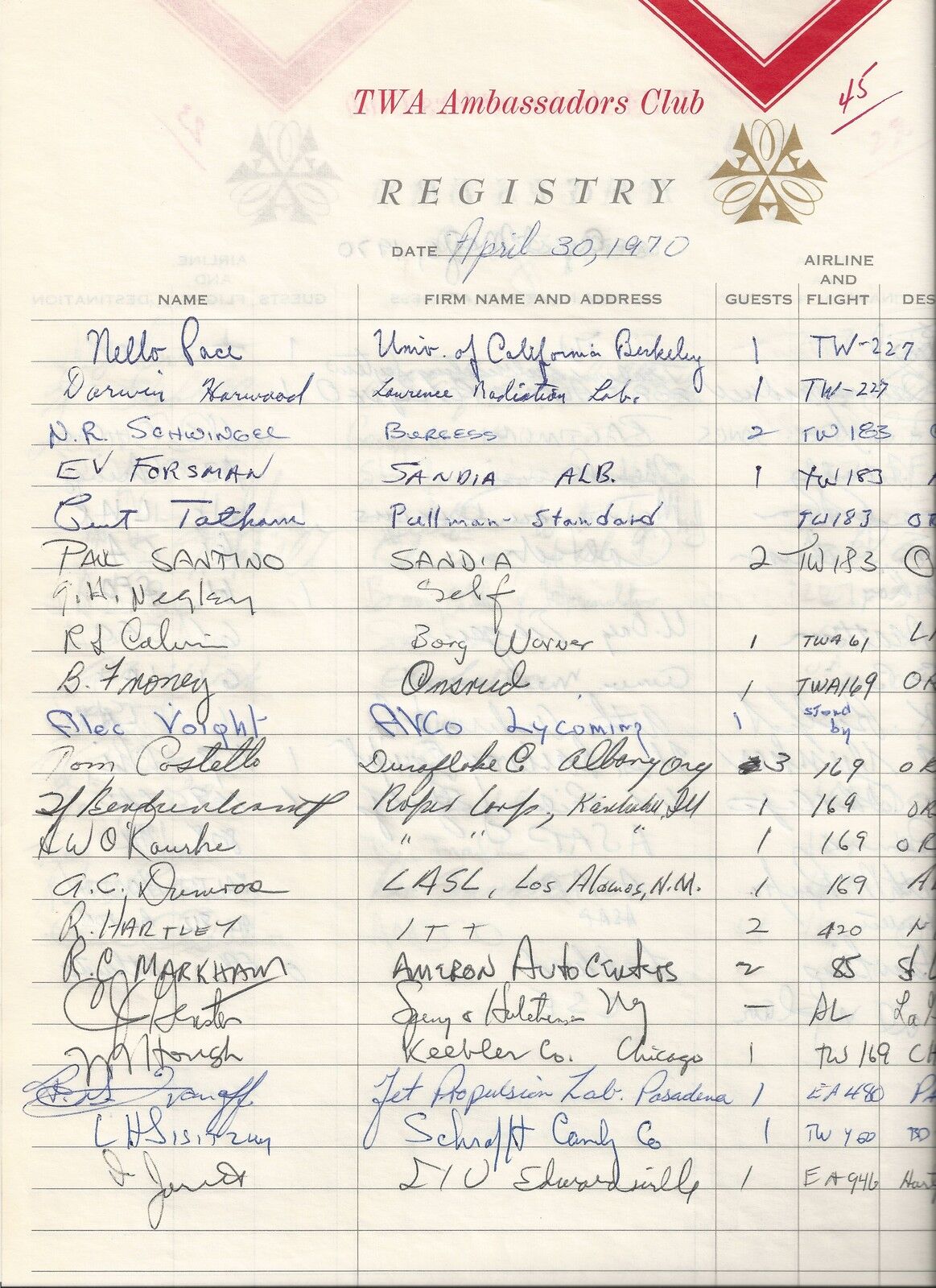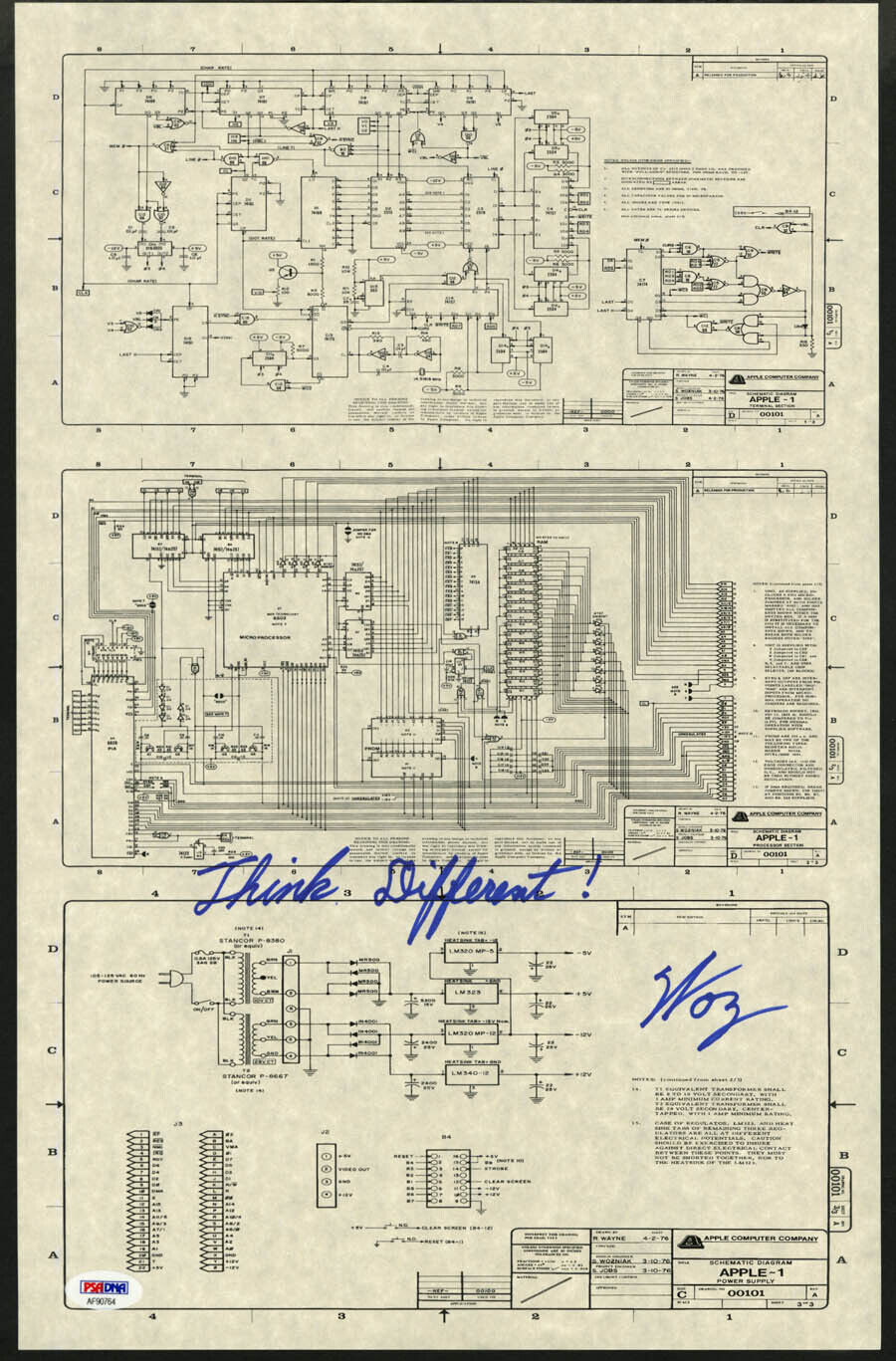-40%
"Nobel Prize in Economics" Wassily Leontief Hand Written Note
$ 79.19
- Description
- Size Guide
Description
Up for auction"Nobel Prize in Economics" Wassily Leontief Hand Written Note. This item is certified authentic by Todd Mueller Autographs and comes with their Certificate of Authenticity.
ES-8768E
W
assily Wassilyevich Leontief
(Russian:
Василий Васильевич Леонтьев
; August 5, 1905 – February 5, 1999), was a Russian-American economist known for his research on input-output analysis and how changes in one economic sector may affect other sectors.
Leontief won the Nobel Committee's Nobel Memorial Prize in Economic Sciences in 1973, and four of his doctoral students have also been awarded the prize (Paul Samuelson 1970, Robert Solow 1987, Vernon L. Smith 2002, Thomas Schelling 2005). Wassily Leontief was born on August 5, 1906, in Munich, Germany, the son of Wassily W. Leontief (professor of Economics) and Zlata (German spelling Slata; later Evgenia) Leontief (née Becker). W. Leontief, Sr., belonged to a family of old-believer merchants living in St. Petersburg since 1741. Genya Becker belonged to a wealthy Jewish family from Odessa. At 15 in 1921, Wassily, Jr., entered University of Leningrad in present-day St. Petersburg. He earned his Learned Economist degree (equivalent to Master of Arts) in 1925 at the age of 19. Leontief sided with campaigners for academic autonomy, freedom of speech and in support of Pitirim Sorokin. As a consequence, he was detained several times by the Cheka. In 1925, he was allowed to leave the USSR, mostly because the Cheka believed that he was mortally ill with a sarcoma, a diagnosis that later proved false. He continued his studies at the Frederick William University in Berlin and, in 1928 earned a Ph.D. degree in economics under the direction of Werner Sombart, writing his dissertation on
The Economy as Circular Flow
(original German title:
Die Wirtschaft als Kreislauf
). From 1927 to 1930, he worked at the Institute for the World Economy of the University of Kiel. There he researched the derivation of statistical demand and supply curves. In 1929, he traveled to China to assist its ministry of railroads as an advisor. In 1931, he went to the United States and was employed by the National Bureau of Economic Research. During World War II, Leontief served as consultant at the U. S. Office of Strategic Services. Leontief joined Harvard University's department of economics in 1932 and in 1946 became professor of economics there. In 1949, Leontief used an early computer at Harvard and data from the U.S. Bureau of Labor Statistics to divide the U.S. economy into 500 sectors. Leontief modeled each sector with a linear equation based on the data and used the computer, the Harvard Mark II, to solve the system, one of the first significant uses of computers for mathematical modeling, along with George W. Snedecor's usage of the Atanasoff–Berry computer. Leontief set up the Harvard Economic Research Project in 1948 and remained its director until 1973. Starting in 1965, he chaired the Harvard Society of Fellows. In 1975, Leontief joined New York University and founded and directed the Institute for Economic Analysis. He taught graduate and undergraduate classes.
